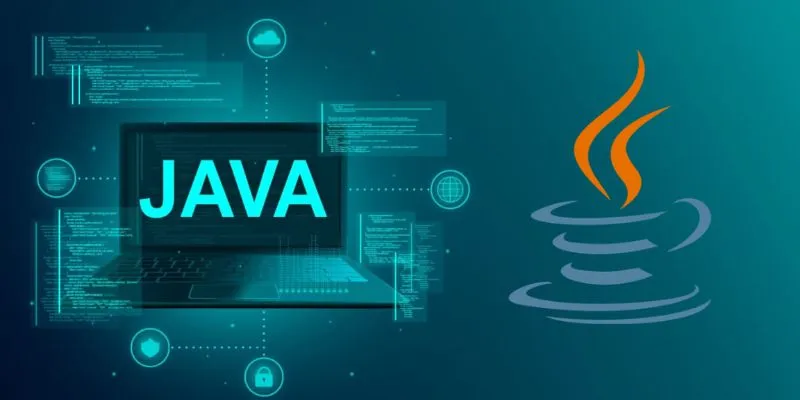
Java, a ubiquitous programming language, continues to be a powerhouse in application development. While the core concepts are well understood by seasoned developers, there’s always room to delve deeper and explore the advanced features that unlock Java’s true potential. This blog post explores Advanced Java Concepts for Experienced Developers. If you’re looking to solidify your foundation or explore these advanced areas, consider enrolling in a Java Training in Chennai. This blog post dives into Advanced Java Concepts for Experienced Developers.
1. Mastering the Nuances of Concurrency and Parallelism:
Java’s multithreading capabilities allow you to write programs that handle multiple tasks simultaneously. However effectively leveraging concurrency requires a deep understanding of threads, synchronization mechanisms (like locks and semaphores), and potential pitfalls like deadlocks and race conditions. Advanced topics like thread pools, the ForkJoinPool framework for parallel processing, and the ConcurrentHashMap for thread-safe collections further enhance your ability to build scalable and responsive applications.
2. Demystifying Generics and Advanced Collections:
Generics, introduced in Java 5, revolutionized how we manage collections. Specifying type parameters allows you to create type-safe collections that prevent runtime errors and improve code readability. Explore advanced concepts like bounded generics (restricting types) and generic methods for writing reusable code that works with various data types. Additionally, delve into powerful collection implementations like TreeSet for ordered sets, LinkedHashMap for maintaining insertion order, and the ConcurrentLinkedQueue for thread-safe queuing.
3. Embracing Functional Programming Paradigms with Lambdas and Streams:
Java 8 introduced lambdas, concise anonymous functions, and the powerful Streams API. Lambdas enable functional programming concepts like filtering, mapping, and reducing data streams, leading to cleaner and more expressive code. Mastering streams allows you to manipulate data collections efficiently and declaratively, often reducing boilerplate code. Explore advanced stream operations like flatMap for working with nested collections, peek for debugging, and parallel streams for utilizing multicore processors.
4. Leveraging the Power of Reflection:
Reflection allows your code to inspect and manipulate the structure of classes and objects at runtime. While often used cautiously due to potential performance overhead, reflection can be invaluable for scenarios like dynamic class loading, custom annotations, and building generic frameworks. Explore advanced reflection features like invoking methods by name, accessing private fields, and creating custom class loaders for flexible application design. For developers seeking a deeper understanding, consider exploring a Java Online Course at FITA Academy that dives into advanced reflection features like invoking methods by name, accessing private fields, and creating custom class loaders for flexible application design. This can provide a strong foundation for building powerful and adaptable Java applications.
5. Deep Dive into Java NIO and Asynchronous I/O:
Traditional Java I/O can be blocking, hindering performance in applications that heavily interact with external resources like files or network sockets. The Java NIO package introduces non-blocking and asynchronous I/O, allowing your program to handle multiple operations concurrently without getting stuck waiting for data. Mastering NIO channels, selectors, and asynchronous callbacks paves the way for building high-performance and responsive applications.
Experienced developers can write more robust, efficient, and maintainable code by delving into these Advanced Java Concepts for Experienced Developers. This exploration allows you to tap into Java’s full potential and build high-performing, scalable applications that cater to the evolving needs of modern software development. For those seeking a more structured learning environment, consider enrolling at established Java Institutes in Bangalore. These institutes offer comprehensive programs designed to equip you with the advanced Java skills needed to thrive in today’s competitive landscape.
Also Check: Java Developer Salary For Freshers
